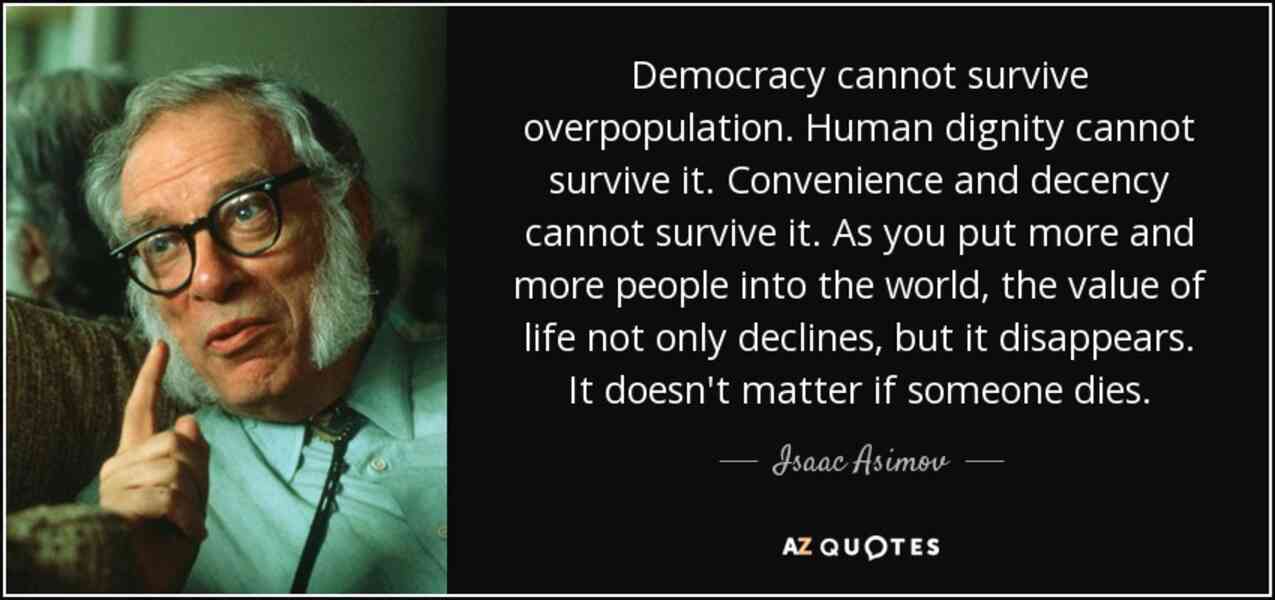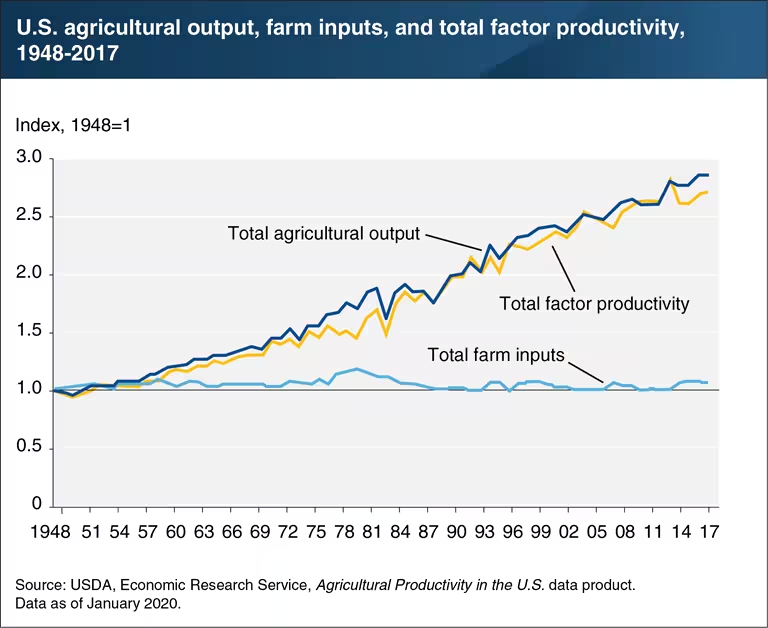Timothy Rice
Overpopulation Apocalypse
Yesterday's Fears and Today's Realities

Population Panic
If you read enough classic science fiction from the 60s and 70s, you’ll eventually notice a pattern: many authors seem really, really concerned about overpopulation. And not a vague “oh that’s a thing that might happen someday” type of worry but a “scientists will have to reconfigure humanity to be baseline homosexual to constrain population growth” level of concern. This is a plot point in Joe Haldeman’s Forever War.
It’s not totally clear to me why so many authors felt that this was an inevitable doomsday outcome. While they were able to correctly predict the rate of population growth, In Stand on Zanzibar John Brunner predicts that world population will be 7 billion in 2010, and it actually hit that mark in 2011. every single one of them assumed it produce the greatest catastrophe ever faced by humanity. Usurla K. Le Guin’s The Lathe of Heaven depicts of world of 7 billion people living in abject poverty, crammed into dense living quarters and struggling at the very edge of subsistence. Most novels prophesy extreme rationing and intense government control of daily life as a response to the apocalyptic hellscape wrought by so many people.
Banal Reality
In hindsight, all these concerns seem frankly ridiculous. Global population did indeed blow right through the 7 billion mark in 2011, hit 8 billion in 2022, and is projected to climb to 9 billion around 2037. As near as I can tell though, not one of the concerns about overpopulation have borne fruit. There is no global food shortage, If anything, one of the more pressing problems today is too many calories. governments have not been forced to implement radical eugenics programs, and while housing in major metro areas has gotten more expensive, Housing problems could easily be solved by just building more damn houses, too! by no means is everyone forced to lived crammed in elbow to elbow.
Instead, we saw fairly mundane market responses to increasing demand. Farms got more efficient, factories grew in size, and more houses were built. The population did not explode over night – detonating on an unprepared civilization – but grew steadily over decades as our societies calmly adjusted to our newer reality.

It’s confusing to me why people whose job it is to showcase a glorious technological future never seemed to think that there would be simple technological solutions to the problem of overpopulation. If you’re going to predict a vast human civilization spanning the galaxy, is it really that much of a leap to assume we’ll get more efficient at growing food? This blind spot is particularly evident in this interview with Asimov:
Bill Moyers: “What happens to the idea of the dignity of the human species if this population growth continues at its present rate?”
Isaac Asimov: It’s going to destroy it all. I use what I call my bathroom metaphor. If two people live in an apartment and there are two bathrooms, then both have what I call freedom of the bathroom, go to the bathroom any time you want to and stay as long as you want to for whatever you need. And this to my way is ideal. And everyone believes in the freedom of the bathroom. It should be right there in the Constitution. But if you have 20 people in the apartment and two bathrooms, no matter how much every person believes in freedom of the bathroom, there is no such thing. You have to set up, you have to set up times for each person, you have to bang at the door, aren’t you through yet and so on.
The obvious solution to the problem in this metaphor is…build more bathrooms? If that’s hard to do in the city, have some of them move to all the empty land and build bathrooms there! Why does Asimov (and apparently most authors of his day) seem think that bathrooms are some fixed and immutable resource? Why isn’t the obvious answer obvious??
The Allure of a Good Story
So what’s going on here? How were so many authors hoodwinked into fears of an overpopulated, oppressive future? Setting aside that predicting the future is really, really hard, my guess is that sci-fi authors are primarily entertainers, ones who happen to make predictions about the future. They’re naturally biased towards dystopias that are fun to think about. A tale about the government persecuting families with too many children This happens in Ender’s Game, which is incidentally one of my favorite books. is much more fun read and write than a story of engineers at large corporations persistently clocking in marginal improvements in agricultural technology.
None of this is to say that sci fi authors are some uniquely misguided set of people – they were riffing off the ecosystem of their day. This should, however, lead us to ask: what entertaining stories of dystopian futures are passively pervading our consciousness today? What will our grandchildren think we were overreacting to?
Tomorrow’s Misconceptions
The obvious answer (to me) are the doomsday proclamations surrounding climate change. In fact, it’s so “obvious” that I worry I’m letting bias creep in and confuse my thoughts. The only other major candidate in my mind is any form of AI doomerism.
There are a tremendous amount of stories that feature an unlivable earth, devastated by a people who callously threw away humanity’s one and only Eden in the chasing myopic and selfish profits. In many stories this isn’t even a primary plot point, just a background setting to the broader world, presented as an uncontested inevitability. Stories of an AI apocalypse are less prevalent, but still permeate the greater ecosystem, drifting just underneath our awareness. And they’re often really good stories!
This isn’t to diminish climate change’s status as a real problem in need of real solutions. Rather, I would like to throw some cold water on glib comments about inevitability of our children all living through a Mad Max wasteland beset by water wars. I want to challenge people to reflect on how likely these futures really are versus how likely it is that we’re being sucked into an engrossing story in favor of a mundane – and much more hopeful – reality. Read up on the various teams dutifully clocking in marginal improvements to batteries, solar cells, and the governments working to transition from dirty power, and ask yourself if this isn’t another population bomb destined for mundane defusal by a methodical and persistent march to a better future.